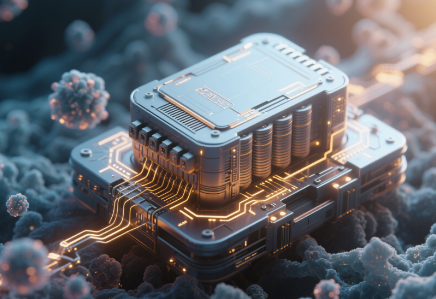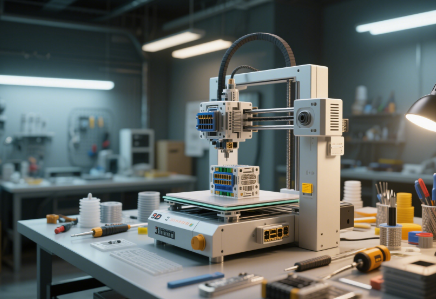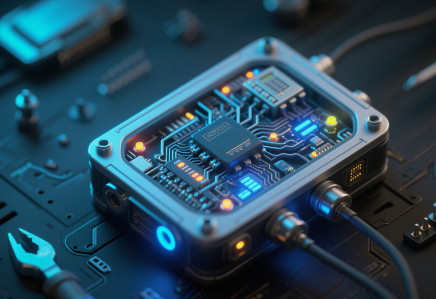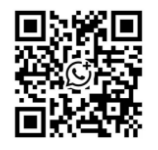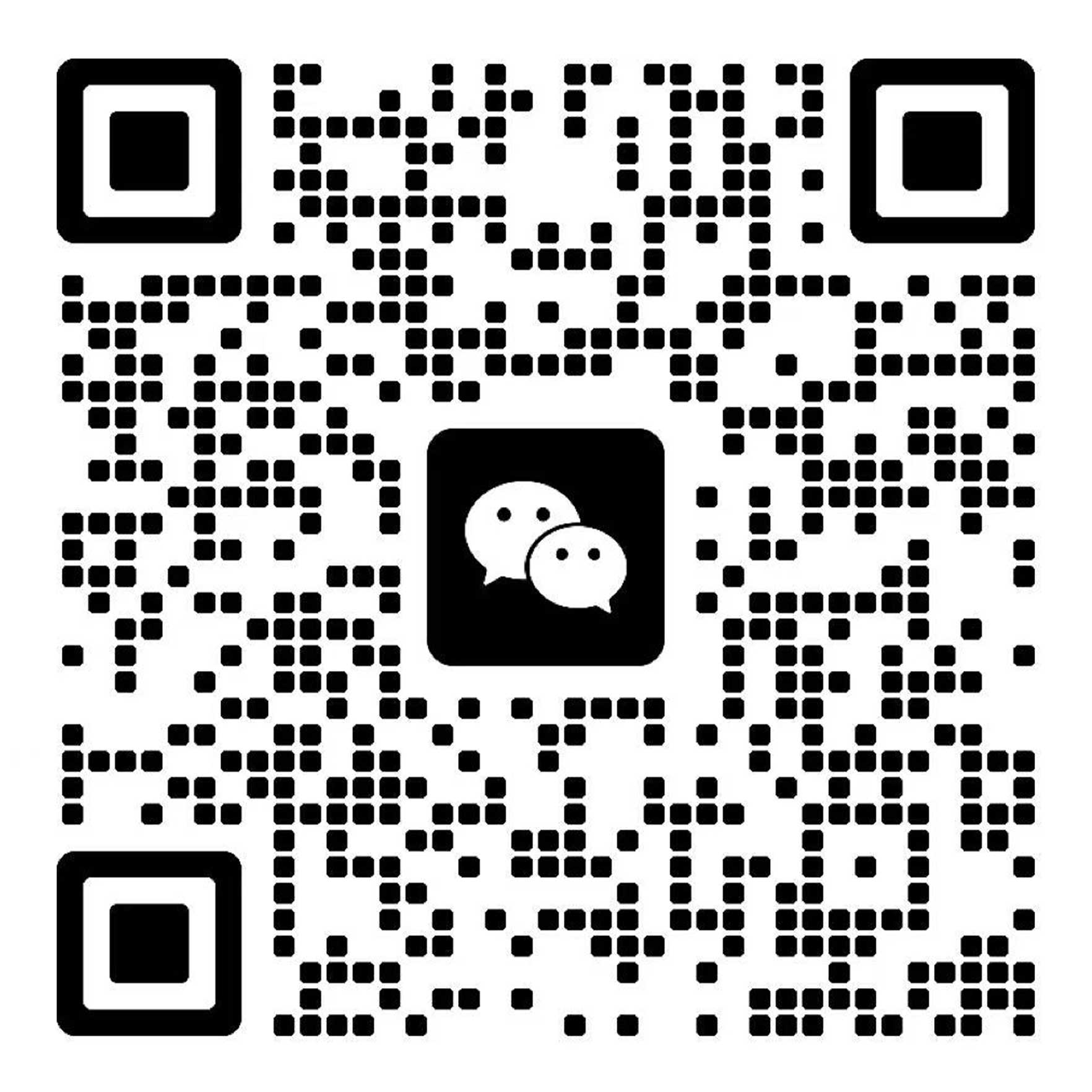Unleashing the Potential for Ultra - Micro Information Processing
In an era driven by miniaturization and rapid information processing, quantum technologies are set to revolutionize ultra - micro information handling. Operating at the subatomic scale, they leverage quantum properties like superposition and entanglement, enabling computing and information - processing capabilities beyond classical systems. This article explores quantum technologies, their impact on ultra - micro information processing, and the challenges and opportunities ahead.
Understanding Quantum Mechanics Basics
Superposition: Simultaneous States
Quantum technologies rely on superposition. While classical bits are either 0 or 1, qubits can be in a superposition of both states. For example, a qubit can be 50% 0 and 50% 1. This allows quantum systems to perform multiple calculations simultaneously. In contrast, traditional computers execute calculations sequentially. A quantum computer with qubits in superposition can process data in parallel, exponentially increasing computational power. For instance, in search algorithms, it can explore solutions faster, reducing time complexity.

Entanglement is another key property. When qubits are entangled, their states are instantaneously correlated, regardless of distance. This has profound implications for information processing. In quantum communication, entangled qubits create unbreakable encryption keys. Any eavesdropping attempt on an entangled qubit disrupts the entanglement, alerting the communicating parties, ensuring information security impossible with classical encryption.
Quantum Technologies in Ultra - Micro Information Processing
Quantum Computing: Redefining Power
Quantum computing is a major application in ultra - micro information processing. Traditional computers face physical limits as transistors shrink. Quantum computers use qubits from systems like superconducting circuits or trapped ions, integrated into tiny chips. In drug discovery, they can simulate molecular behavior at the quantum level more efficiently than classical computers, accelerating drug candidate identification and reducing costs.
Quantum Sensors: Unmatched Precision
Quantum sensors offer unprecedented precision. Atomic clocks, based on atomic oscillations, are extremely accurate timekeepers. Magnetic field sensors using nitrogen - vacancy centers in diamond can detect extremely weak magnetic fields. This sensitivity is useful in brain mapping and geological surveys.
Quantum Communication: Secure Transfer
Quantum communication, especially quantum key distribution (QKD), ensures secure ultra - micro information transfer. Entangled qubits in QKD create secure encryption keys. Any eavesdropping is detectable. Quantum repeaters, in development, aim to extend communication range by teleporting quantum information, overcoming classical signal - amplification limitations.
Challenges in Quantum Technologies for Ultra - Micro Information Processing
Qubit Stability and Error Correction
Maintaining qubit stability is a challenge. Qubits are sensitive to their environment, and interference can cause decoherence, destroying quantum states. To counter this, researchers are developing error - correction codes, though quantum error correction is complex due to the fragility of quantum states and requires many physical qubits for reliable correction.
Scalability and Integration
Scaling quantum systems and integrating them into practical devices is difficult. Most experiments are done with a few qubits in controlled labs. Scaling up while preserving quantum properties is a huge task. Integrating quantum components with classical electronics is also a hurdle, as quantum devices need low temperatures and precise field control.
Future Outlook
Despite challenges, the future of quantum technologies in ultra - micro information processing is promising. New materials and techniques are being developed for better qubit stability and scalability. Topological qubits show potential for more stable systems. The combination of quantum technologies with fields like AI and nanotechnology may lead to innovative applications, such as more efficient quantum - enhanced AI algorithms for optimization problems.
In summary, quantum technologies are on the brink of revolutionizing ultra - micro information processing. While challenges remain, the unique quantum properties offer new computing, sensing, and communication possibilities. As we continue to explore, we can expect industry transformations and impacts on daily life.

